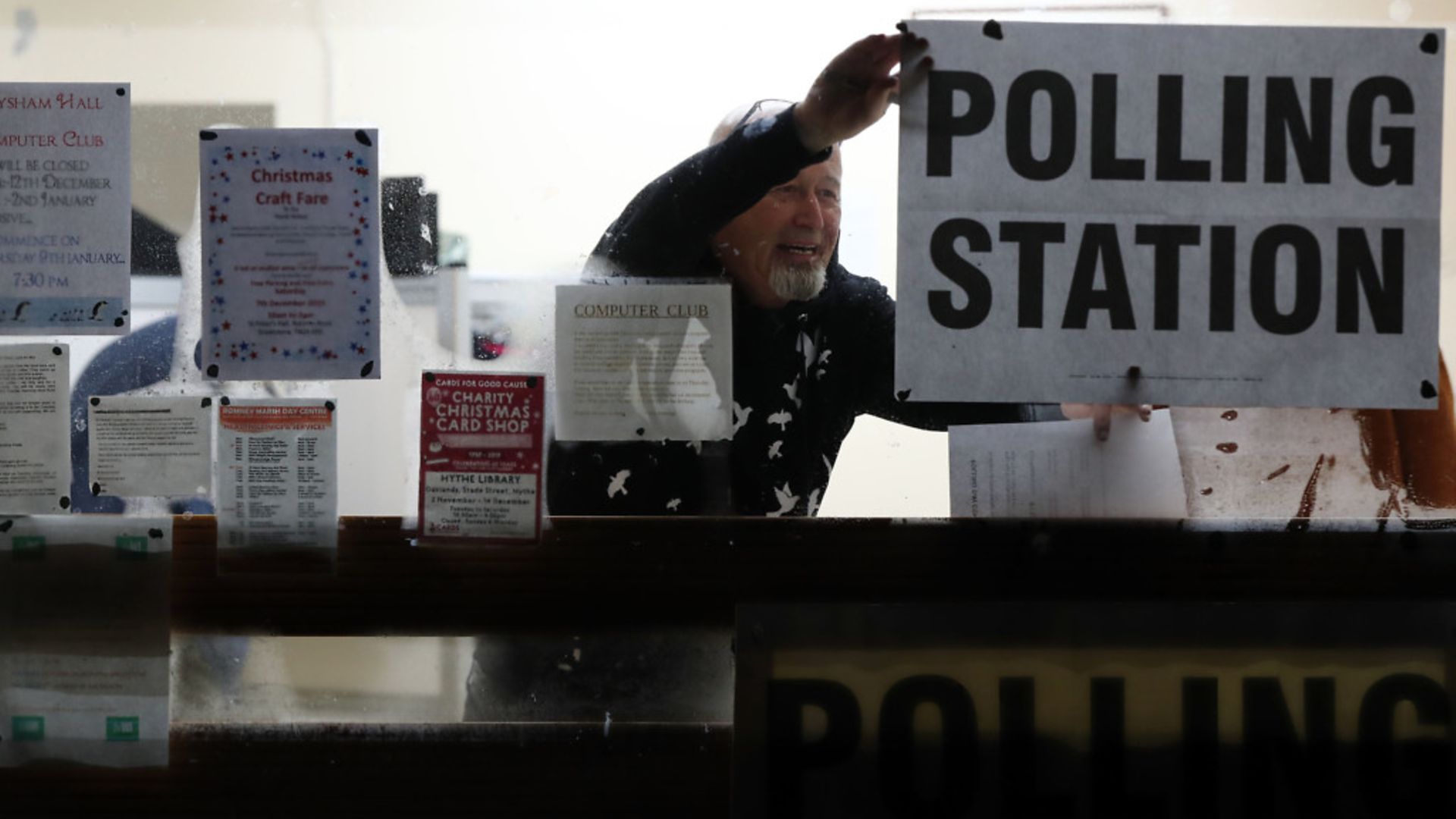“It’s not easy bein’ green” – a 1970 hit for Kermit the Frog and a truism in British politics. Despite enjoying sustained and widespread support, the Green Party have been consistently and almost completely frustrated by our outdated electoral system. With more than 3 million votes at national elections over the last 20 years, the Greens have only ever had one MP. Compare that to the Tories, who got one MP for every 35,000 votes sent their way in 2019 alone. Add to this a rising tide of self-destructive anti-environmentalism, spurred by a cost of living crisis and seized upon by a Prime Minister desperate for anything that might save him from electoral oblivion. Yes, the Greens have cause to be a little angry and a whole lot less idealistic.
This likely informs the recent comments from their deputy leader. This week, Zack Polanski confirmed that his party has ruled out any kind of tactical voting arrangement with Labour at the next election. In fact, he went further, stating that anyone interested in “tactical voting” (his use of quotation marks giving you some idea of what he thinks of the practice) cannot countenance a vote for Labour; that doing so would reward a party still wed to an electoral system that awards almost total power on a minority of votes.
To be fair to him, when it comes to electorally ‘taking one for the team’, Greens have rarely been found wanting. In 2017 they sacrificed around 50% of their vote in the interests of electing as many anti-Tory candidates as possible. In 2019, Green endorsements helped elect anti-Brexit candidates from Belfast to Bath, and MPs like Tim Farron owe their political survival to Green Party stand-asides. Two years ago, when Boris Johnson seemed unassailable, any hope of removing the Tories was tied to opposition parties working together to agree unity candidates or non-aggression pacts. But with Labour consistently polling so far ahead, the prospect of winning all the marbles beckons for Starmer and any hint of reciprocity has gone out the window.
It is in full acknowledgement of these facts and with the greatest respect and understanding that I still disagree with Zack. Tactical voting will be crucial at the next election and in particular, tactical voting from people who would prefer to vote Green.
Labour appear on course to win but polling from Best for Britain and others shows that there remains a high number of undecided voters. Further analysis shows they look a lot like shy Tories (or in Scotland, homeless Nats) and are overwhelmingly predisposed to turnout to vote. Even if Green supporters don’t vote tactically, history suggests that no matter what promises are made, the other side will and recent by-elections have demonstrated just how pivotal Reform UK could be.
In these circumstances, in our First Past the Post system, tactical voting in marginal constituencies could be the difference between a narrow loss for Sunak, which could see the Tories return in five years, and the kind of earth shattering collapse that previously saw them banished from power for more than a decade. It was this period that saw unprecedented advances in environmental policy, electoral fairness and indeed, support for the Green Party.
With the intray they are about to inherit, it’s likely that Labour will need the space of at least two parliamentary terms to be convinced that electoral reform is a priority, but the tide is with us. Starmer may be hesitant in this regard but the rest of the Labour Party has moved in favour of reforming Westminster elections. Following a concerted campaign from Best for Britain and others, Labour’s members and associated unions overwhelmingly backed a motion at their 2022 conference in favour of PR. Last year, Labour’s national policy forum similarly concluded that First Past the Post isn’t working, that “the flaws in the current voting system are contributing to the distrust and alienation we see in politics.”
Tactical voting is lousy. We shouldn’t have to do it, and like the Greens, I am impatient for change. But if politics is the art of the possible, Green voters in marginal seats where the Greens are unlikely to win have to ask themselves what is possible at this next election and the potential consequences of following their heart rather than their head.
The last Labour Government introduced proportional voting for Welsh, Scottish, Northern Irish, Mayoral and European elections. More recently in Wales, a Labour government extended PR for Senedd elections. The Tories meanwhile, actively rolled back proportional voting systems in England last year. Labour may be watering down their pledge of £28 billion of annual green investment, but the Tories have scrapped existing green incentives, are granting new licences for fossil fuel giants and are bringing coal back.
Until we fix this broken electoral system, the greener choice in marginal Conservative seats, is to vote tactically.
Naomi Smith is Chief Executive of Best for Britain and founder of tactical voting site GetVoting.org










